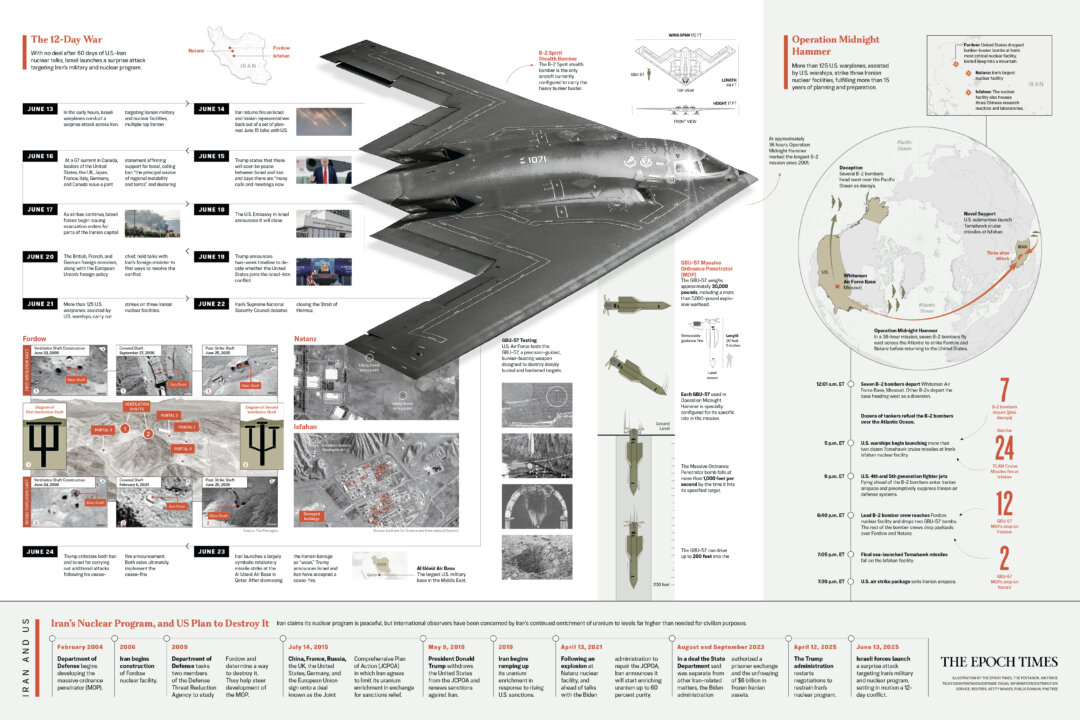The ongoing mayoral contest in New York City is increasingly capturing national attention, primarily due to an emergent candidate whose campaign is demonstrating surprising momentum and broad appeal, raising questions about its potential to reshape the broader US political landscape. What might seem like a localized struggle for municipal power is, in fact, evolving into a critical bellwether, signaling potential shifts in voter priorities and political strategies that could reverberate far beyond the five boroughs and significantly impact national political discourse and future electoral outcomes.
A significant driver of this heightened interest lies in the candidate’s innovative platform, which deftly blends localized solutions with implications for national policy. This progressive approach, focusing on intricate urban economic development strategies and a bold stance on pressing social issues, is garnering substantial support. Experts are keenly observing whether this unique blueprint, tailored for America’s largest city, could serve as a replicable model for other metropolitan areas and even inform national political movements seeking to address systemic inequalities.
Further distinguishing this campaign is its unconventional grassroots fundraising model, which has attracted considerable financial backing and volunteer engagement beyond traditional political circles. This success indicates a burgeoning dissatisfaction with conventional campaign finance structures and a growing appetite for authentic, community-driven political action. The ability of this mayoral contender to mobilize and energize a diverse base of support through unconventional means offers valuable insights into evolving voter engagement tactics, particularly concerning urban voter engagement, and presents a compelling case study for national political parties looking to broaden their appeal.
The implications of this NYC mayoral election extend directly to the highest levels of US politics. Analysts are carefully scrutinizing whether the candidate’s innovative policy proposals and effective campaign methodologies could be adopted by national political parties, or even directly inform presidential campaign agendas in future cycles. Specifically, the candidate’s nuanced approach to addressing urban challenges and systemic inequalities could provide a fresh narrative for national politicians aiming to connect with a diverse and often politically engaged urban electorate, thereby shaping future discussions on critical national issues.
History offers numerous precedents where seemingly local elections, often overlooked by the national media, have ultimately served as bellwethers or catalysts for major national political realignments. This New York City mayoral race appears poised to join their ranks, providing an early indicator of shifting political tides and evolving voter demographics across the nation. The outcome could signal emerging voter priorities, new political coalitions, and potentially even new ideological currents that will inevitably influence congressional dynamics and shape future presidential campaign narratives, underscoring the unexpected but significant national importance of this local election.
Moreover, the demographic shifts and evolving political priorities within New York City itself frequently reflect broader trends impacting national electoral outcomes. The city’s diverse population, its unique economic challenges, and its role as a cultural and financial hub make it a microcosm of the larger American political landscape. Observing how this particular candidate navigates these complexities, resonates with different demographic groups, and addresses critical urban issues offers valuable insights into the evolving American political landscape and the strategies required to succeed in a diverse and dynamic national electoral environment.
Discover more from The Time News
Subscribe to get the latest posts sent to your email.






